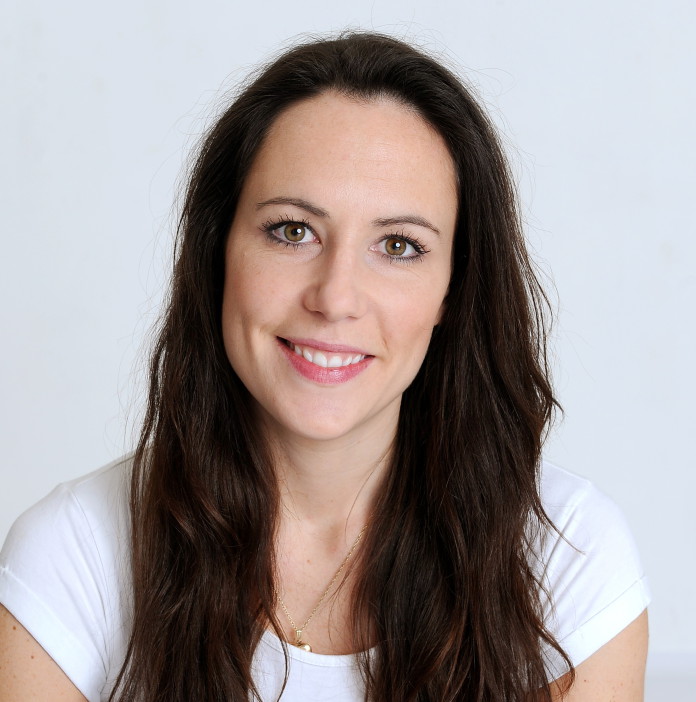Professional organiser and celebrity clutter buster Vicky Silverthorn is paid to help people get rid of their clutter, and says de-cluttering is good for the soul
For ten years of my life I worked as a PA; I organised and took over the running of other people’s lives, and I loved it. I learned so much. I learned about people and I learned about processes. I was lucky enough to work for the recording artist Lily Allen, which involved travelling around the world with no choice but to keep everything in immaculate order and in its correct place. We lived in hotels and on tour buses in different locations on and off for about 18 months. There was no excuse for not having what you needed to hand.
Now I run my own business as a professional organiser and de-clutterer and jump in and out of other people’s homes on a daily basis. I use all of the methods that I learned from my experience as a PA and from being on the road. I know what works and I most definitely know what does not work. And I make people happy.
LETTING GO
The importance of de-cluttering your home is widely underestimated. People think nothing of hiring a cleaner. But for many people, a cleaner is merely a way of disguising what’s hidden underneath. We kid ourselves that when our homes are clean and shiny then all is well, when it is not. We should no longer just scratch the surface and go on pretending. We need to go deeper and cleanse our homes in order to cleanse our minds and thus improve our lives.
For some, the task of de-cluttering is much harder than for others. Some people have such a strong attachment to their belongings, and no matter what they are, they just can’t seem to let go. In these extreme situations there are a few techniques I use. One is to hold up the item in question in one hand – perhaps an old gift bag or even a broken ornament with no sentimental value and worth no money – and in the other hand I metaphorically hold their space and their sanity. Soon it becomes clear – and there is no other option – the item needs to go. Immediately.
People derive comfort and motivation when belongings head to the charity shop, or to friends and family. I call it “making someone else happy”. It is a simple technique but so effective – just slightly altering the way we think, and turning a negative into a positive.
HOW TO START
Depending on what size your house is, and what kind of state it is in depends on how you start what can be a long process. I’ve had phone calls asking if I can be booked for a couple of hours to sort out someone’s wardrobe. When I explain that it would usually take me a day with an assistant to do this properly for any medium-size wardrobe or bigger, I sense their shock.
“De-cluttering is like a therapy”
If a task is only 90 per cent complete you will see the remaining 10 percent slowly grow and spread like a disease. I don’t know the reason for this, but completed jobs are more likely to stay done.
My advice is to start slowly, especially if you are someone with a busy life. Give yourself two normal sized bags and 20 minutes. In this 20 minutes simply slowly walk around each room in your home and if there is something you don’t need or use and want rid of, put it straight into the bag. The fact that you are doing this shows you want or need a de-clutter. But the pressure of thinking about spending an entire day intensively de-cluttering is removed.
“I jump in and out of other people’s homes on a daily basis”
TIME YOURSELF
See how you do with this initial task and up the number of minutes you spend at it the next time. After that, begin giving yourself slightly bigger tasks. Head for your first junk drawer and give yourself 20 minutes to clear it out, rubbish bin at your side. Next, perhaps try looking under the bed. Then keep going through your rooms and each night, for no more than an hour at a time, get the small bits out of the way. You will not believe how much you can get done in a week. It is so satisfying and you will notice a big difference in a relatively small amount of time.
When all the small tasks are complete, head for the bigger ones – you can still do this in small spurts. For example, give yourself two hours for shoes, an hour for your laundry cupboard, a few hours for jeans, trousers and skirts…and so on. De-cluttering is like a therapy. This is what my many clients tell me, and I totally agree. It is no exaggeration to say that when a booking is complete, my clients without fail will breathe an enormous sigh of relief.
Although the process is both physically and mentally tiring, they are glowing ecstatically once it is all over – and so will you.






